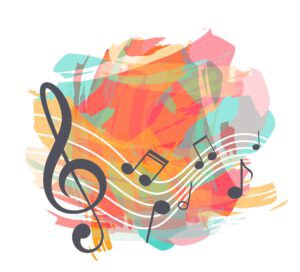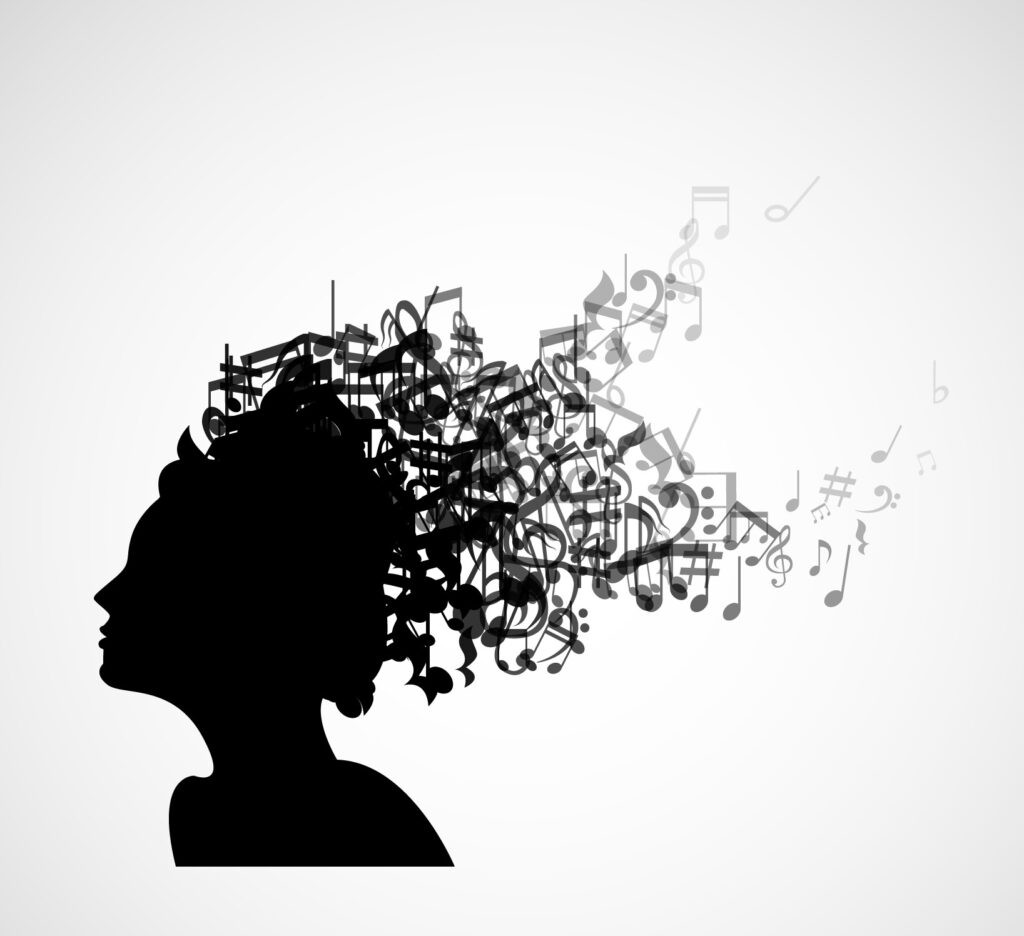For some of you, music therapy may appear as a new profession. But stats reveal that certain countries have used the immense potential of music therapy for more than 70 years. Some experts even reveal that music therapy has been around as long as the existence of humanity. If you are interested to know more about the history of music therapy, it is good to go through the details below.
We gain insights into music from the pre-historic world. It was possible only because of the paleolithic cave-paintings and the bone flutes found in almost 35000 years old caves. However, we cannot be so sure about how they might have used these instruments in that era. But we are already aware that music is a part of healing rituals and the day-to-day life from a long past.
The ancient history of music therapy:
An Egyptian Medical Papri of 1500 BCE states that music transcription influences the human body. Chinese, Indian, Arabian and Greco-Roman traditions of various learned medicines talk about several musical notions that can be used in a therapeutic manner. The evidence for the same can also be found in the biblical and other mythological sources.
Few Greek philosophers Plato, Aristotle, and Pythagoras, were the earliest experts who described the transformative and healing power of music in detail. Pythagoras once said that music is not just linked to mathematics; rather, it has a very deep meaning. He also explained the way various combinations of melodies can influence the range of moods. While working on musical notes, these philosophers identified four important ends of music; they include fostering intellectual advancement, disposing towards moral virtue, giving pleasure and moving emotions.
Plato used to believe that music directs powers directly to the soul. He revealed that music could guide through habits as it creates harmony with spirit while leading by measure, rhythm and grace. Plato has experienced the pleasure led by music that could lead the soul to moral goodness. As per Aristotle, music has the power to create a cathartic experience, and it can move our soul.

The modern history of music therapy:
As we have been aware of the immense potential of music from the past several years, music therapy has now established a solid connection in the healing profession. The modern journey of music technology begins in the 18th century. As per the literature, in the year 1789, an unknown writer published an article entitled “Music Psychically Considered.” This might be the first most article relating to the modern history of music therapy.
Another report reveals that in the year 1891, the Guild of St. Cecilia treated a large number of hospitalized patients with music therapy. A choir from the Guild that comprised of a harp, two violins and three singers used to visit different hospitals to play music for patients. Harford recruited many musicians for this purpose and published articles describing his findings. However, due to the increased cost of these activities and due to deteriorating health, Guild later stopped these services.
The Entertainments National Services Association took responsibility to take music to wounded and active British servicemen during the second world war. During World War I and World War II, music therapy got recognized all over the world, and people opted it more like a formal profession. The early music therapies helped many veterans and troops to retain their mental health during the war.
After the invention of the phonograph in the year 1877, doctors found ways to use music for distractive and sedative treatments. Physicians also started using it for children’s operations, gynecology, obstetrics and dentistry. Stats reveal that in the 1940s and 1950s, people experienced a lack of general understanding of music values. However, literature also reveals the creation of the first most music therapy program between the 1940s and 1950s in the United States.
In the year 1903, Eva Augusta Vescelius also established a National Society of Musical Therapeutics in the United States. With the ongoing advancements in this sector, a British musician, Margaret Anderson, in the year 1919 taught a course on the concept of Music Therapy at Columbia University. Furthermore, the American Association of Music Therapy was established in the year 1971. The Certification Board of Music Therapist was founded in the year 1983, and it helped to mark the credibility of music therapy as a formal profession.
Later, in the year 1998, AAMT and NAMT organizations merged, and a new name came about as the American Music Therapy Association. At present, AMTA publishes two reputed journals in this field to advocate the profession of music therapy.
Music therapy at the international level:
Music therapy has a huge potential to heal medical conditions; that is why the concept is now growing internationally. Considering the impact of music therapy, The International Association for Music and Medicine was founded in the year 2010. The main goal of this organization was to encourage the use of music in the medical field. Other than this, the World Federation of Music Therapy was established in the year 1985 in Italy. After this, the professionals at this organization started working on bringing associations and individuals together to lead the concept of music therapy. They started promoting music therapy on a global level with the exchange of information among professionals.
These two organizations took the initiative to reflect the presence of impressive powers of music therapy in the entire world. However, music therapy is now recognized more in few countries such as Canada, Germany, Great Britain and the United States. Music therapy has also found its way to grow more in the 20th century. With the advancements of new tools and techniques, it has now become possible to use the potential of music therapy to full potential. Today you can find many organizations working in this field, and they are publishing many research results to prove new findings in this direction. Music therapy is being utilized for a variety of healing needs. You can also find many studies showing the impact of artificial intelligence on the growth of music therapy.

